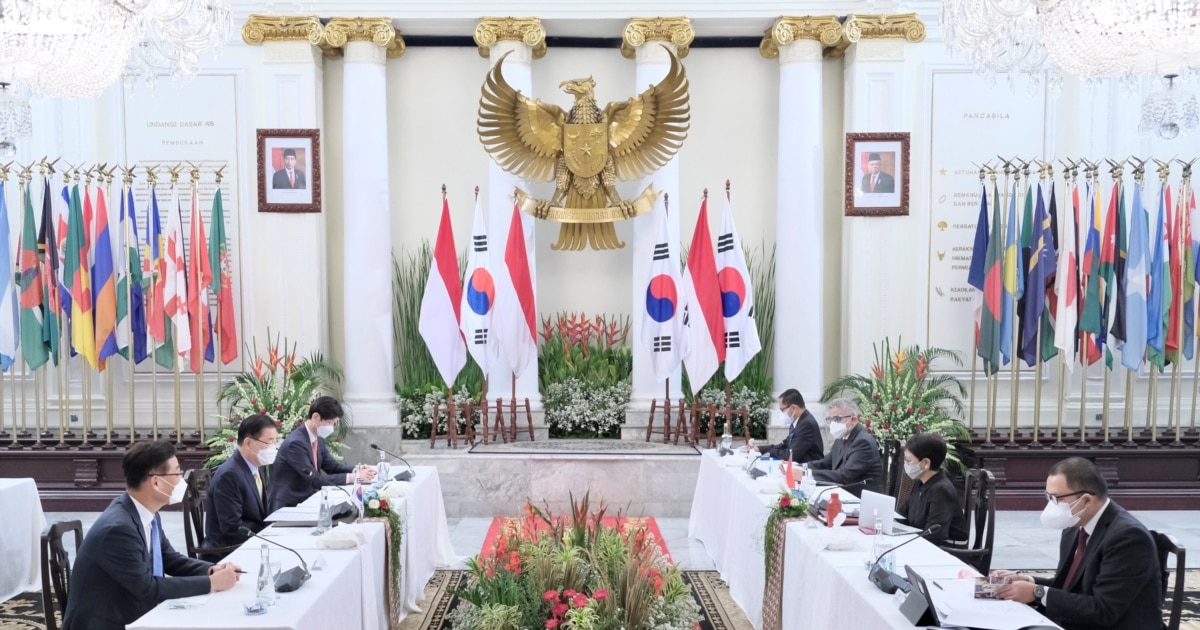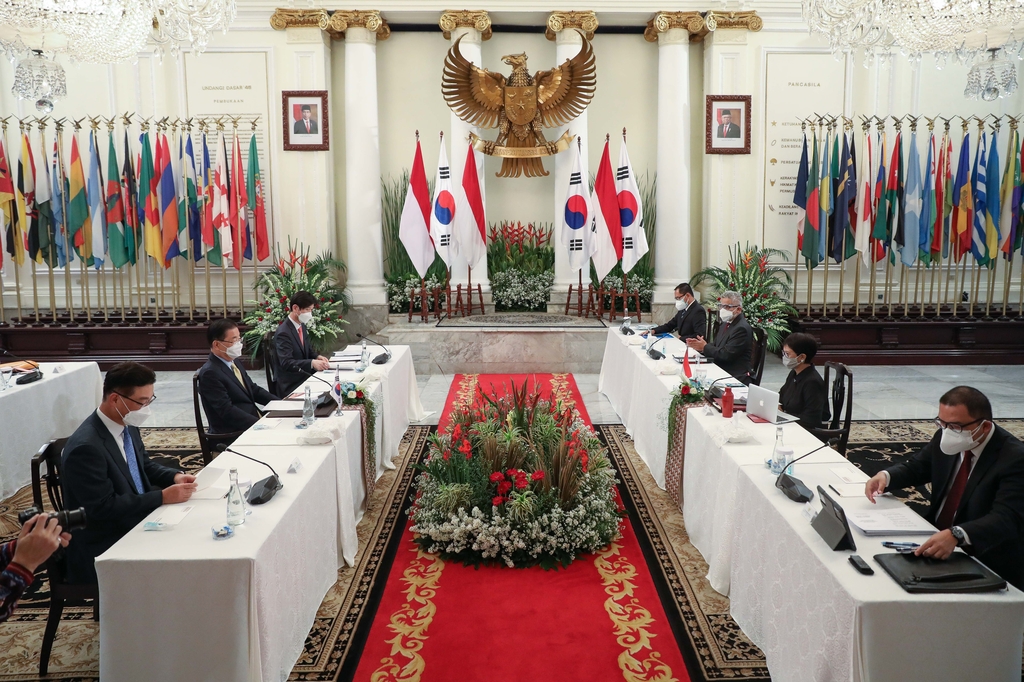Seems when I take a peak to Indonesian forums, blogs whether in Web, Twitter or FB, there's still confusion on the difference between annual budget and procurement using foreign credit line. So, I'll try to put it again (eventough it's already been posted several times). Hopefully it can be useful for anyone who read, including Indonesian silent readers.
Whether you're Government agencies or Commercial business, the concept still the same. Each year you make your own budget for your operation. Including in that budget is expenses that you're going to pay that year for capital expenditure (asset procurement included). Your asset procurement can be bought either by cash or using credit line. However when you're buying your assets using credit line, then the post will not going to put the name of the assets. They will put as part of annual installment for loan payment.
At least that's what will be seen on the public report. Those assets that bought by cash, will be shown on procurement assets post, while the assets that bought by credit line will be post under annual loan installment. Thus if you buy something using loan, there will be the cost on annual installment that going to post in your Income Statement report. However in your balance sheet, it will stated the whole credit balance toward your overall assets.
This is where I see some debate on loan burden. Many think only from Income Statement perspective. They think as long as the annual installment still can be paid covered by annual budget, then it's alright. In sense if you buy USD 100K car being installed by 10 years, the annual cost burden more or less will be similar to buying USD 40K car being installed by 4 years (+/- difference in interest). Well it's not complete picture.
If you buy 100K car (with credit) while you only have 150k assets, then your Debt Ratio burden already reach 66%. For many creditors and Investors means it's already highly leverage. While if you buy 40K car (with credit also), then your Debt Burden ratio only 26%. An healthy leverage ratio. As a Banker (for example) off course I will be more comfortable to lend you more money or Invest in your projects, if you have more healthy leverage ratio.
That's what the government 'finance' people calculate. If MinDef (rumours) ask for USD 120+bio foreign credit line to be disburse this term, then it will jump Indonesia sovereign book debt ratio. Regardless the annual installment still can be service by annual budget. That's why the 'finance' people will calculate how much foreign credit line ceiling that they can give MinDef for this term. If 'finance' people only agree on USD 20+bio, then it's the ceiling limit they're comfortable to give (considering the whole book situation I mentioned above).
What 'finance' people need to scrutinized (by law) is the level of credit line especially Foreign Currency ones. Why ? Because Indonesian government income mostly come from Tax income (just like most Government in the world). Thus as Tax, those income are in the form of local currency (IDR). Any government 'finance' people job has to control their Sovereign Book exposure toward foreign currency exposure. Thus any non IDR loan, will have to get their permission as it can raise Indonesian sovereign book exposure toward foreign currency.
So there are two things why 'finance' people are the ones that give permission for MinDef plan on using Foreign Credit Line:
1. Controlling Debt Burden Ratio,
2. Controlling Foreign Currency Exposure.
MinDef or any other government ministries/agencies, can have direct control for any expenses that already allocated for them from State Budget, especially if it is IDR expenses. However on getting new loan or getting foreign currency exposure, they have to go through the 'finance' people.
Any loan disbursement will become burden for next state budget for years to come. That happens for any government and any commercial organization. That's why every loan in any organization need clearance from 'finance' people. Minister of Finance is the nation Chief Financial Officer, Bapenas Head is the nation Chief Planning Officer. Both are 'finance' guys that need to give their judgement toward nation CEO (President) on any loan exposure planning. This's how government work, and good CEO will take their CFO and Chief Planning consideration more important on matter concerning Finance including Loan Financing.
That's why so many times I said, if Defense Procurement will using Credit line for financing, then 'finance' people decision will matter more then the technical people (in this case MinDef) or any 'consultant' they have.










